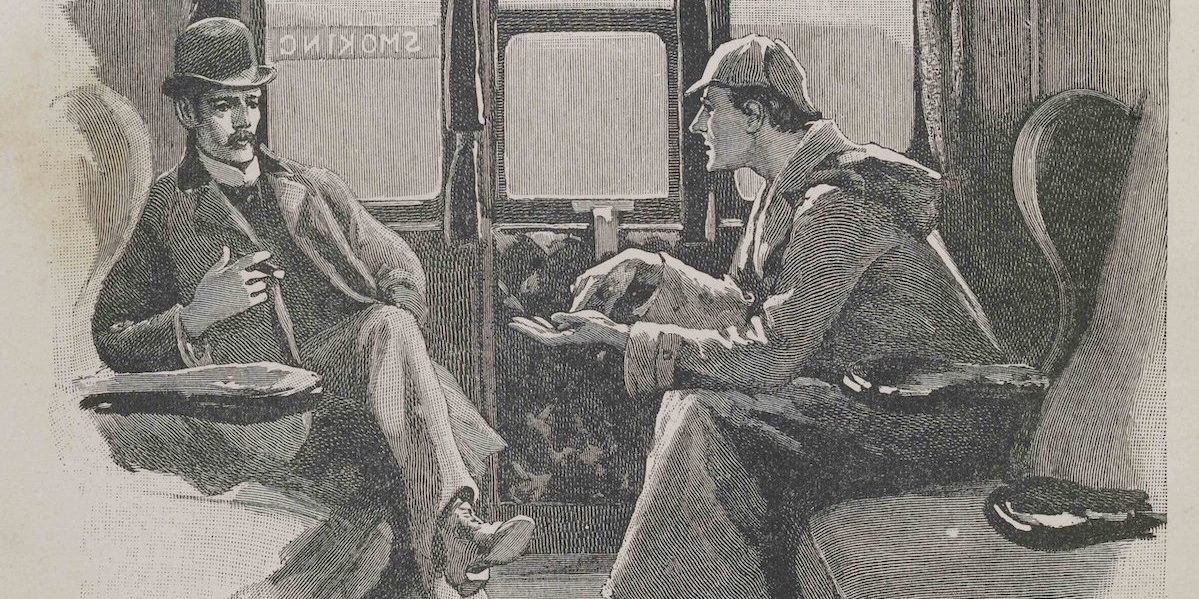The Canadian Taxpayers Federation (CTF) is missing in action!
The CTF calls itself a “citizen’s group dedicated to lower taxes, less waste and accountable government.”
Yet with potentially the largest daylight robbery in Canadian history unfolding in Alberta with the enthusiastic co-operation of the province’s United Conservative Party (UCP) government, what have we heard from Canada’s supposed “tax watchdog”?
Crickets.
I speak, of course, of the “RStar” scam, now officially designated the “Liability Management Incentive Program,” a term clearly intended to put potential critics to sleep before they rush to their keyboards to criticize this outrageous scheme to give multi-billion-dollar oil and gas corporations a huge royalty holiday as an incentive to clean up messes they’re already legally obligated to pay to clean up.
Naturally, this brazen scheme to rob Alberta taxpayers was dreamed up by an industry group.
Before she was premier, Danielle Smith acted as a registered lobbyist for RStar.
READ MORE: The ‘RStar’ scam’s not a good deal, but it’s a done deal
Now that she holds the province’s top political job, she has authorized a $100-million RStar pilot program.
But if the “pilot” becomes a permanent program – surely a certainty if the UCP is re-elected – it will go from a mere $100-million lost forever to a massive $20-billion boondoggle.
Before she became leader, Smith lobbied then energy minister Sonya Savage to adopt RStar. Savage, an energy industry insider who is no enemy of the oilpatch, nevertheless told lobbyist Smith to pump something other than oil. Now Smith is premier and Savage has been demoted to environment minister.
Mount Royal University political scientist Duane Bratt has described this idea as “corruption,” which is both succinct and accurate.
Speaking to the Globe and Mail, University of Calgary law professor Martin Z. Olszynski asked, “Why would any operator spend any kind of money on cleanup right now to deal with any of the reclamation liabilities if they can just hope that they might be incentivized to eventually clean these up? The moral hazard here is just astounding.”
Smith’s explanations for what she’s up to have been misleading and misinformed, said Mark Dorin of the Polluter Pay Federation, a group that’s been trying for months to get this story onto the province’s political radar.
“A lot said by the fast-talking premier – the vast majority of her comments are very inaccurate in fact and/or at law,” Dorin explained in a tweet.
Even Scotiabank, hardly a hotbed of “Green Marxists,” as Kenney used to like to call his critics, assailed the program as an affront to the principles of capitalism. “The program goes against the core capitalist principle that private companies should take full responsibility for the liabilities they willingly accept,” a recent report published by the bank tut-tutted.
This all does rather undermine the narrative about Alberta’s “ethical oil.”
So you’d think this was an issue just made for an organization that likes to be portrayed as a “tax watchdog.”
The lack of barking, though, is curious.
Well, we probably shouldn’t been shocked by this, given the fact the CTF has acted for years as a farm team for provincial and federal conservative political politicians.
As a result, it has punched above its weight in influencing governments and mainstream media, which eats out of its hand. Its biggest success in this regard was the elevation of its former CEO, Jason Kenney, to the federal cabinet and then the premiership of Alberta.
On the “About” page of its website, the CTF says that “any Canadian taxpayer committed to the CTF’s mission is welcome to join at no cost.”
If you decide to act on this, though, it’s important to remember that when you “join” the CTF are not becoming a member.
As was first reported in this space a decade ago and has been widely covered by mainstream media since, only the members of the CTF’s board are legally members of the organization entitled to see the group’s financial statements.
Usually that means the CTF has only five members, although the size of the board goes up and down from time to time. Right now it has six members.
Another page on the CTF website gives a more accurate explanation of the organization’s structure. “As correctly pointed out, our board members are our ‘members.’ … Any Canadian who supports the CTF’s mission can become a ‘supporter.’”
It shouldn’t require Sherlock Holmes, then, to figure out why the tax watchdog hasn’t barked.
In case you missed it, though, here’s what the legendary detective had to say in Sir Arthur Conan Doyle’s story, The Adventure of Silver Blaze:
Scotland Yard Detective: “Is there any other point to which you would wish to draw my attention?”
Sherlock Holmes: “To the curious incident of the dog in the night-time.”
Scotland Yard Detective: “The dog did nothing in the night-time.”
Sherlock Holmes: “That was the curious incident.”
The CTF is unlikely to do or say anything that might diminish the chances of a conservative party, no matter how irresponsible with taxpayers’ money, facing a potentially tight election in a few weeks.
The tax watchdog, of course, is encouraged to bark and prove me wrong immediately.



